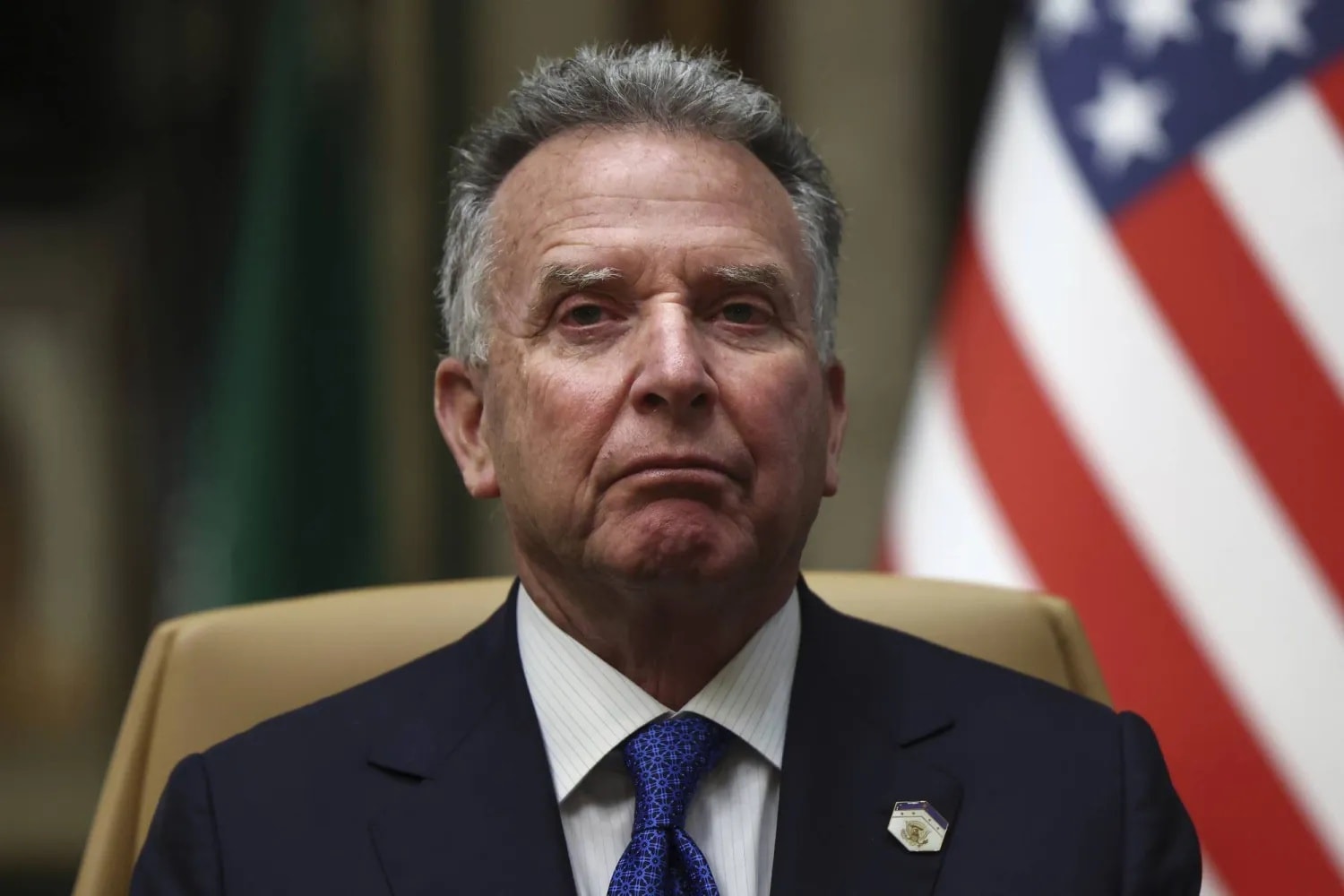Ambassador Mohamed Nasser, Egypt’s Permanent Representative to the United Nations and international organizations in Vienna, delivered a widely praised address at the annual economic forum hosted by the Arab-Austrian Chamber of Commerce. The event brought together Arab and foreign ambassadors, prominent business leaders, investors, and high-ranking Austrian economic figures.
In his opening remarks, Ambassador Nasser expressed deep appreciation for the Arab-Austrian Chamber of Commerce, describing it not merely as an economic institution but as a civilizational platform bridging East and West, transforming commercial dialogue into human and developmental engagement.
He emphasized that relations between the Arab world and Austria have evolved beyond short-term interests into a strategic partnership grounded in mutual trust, shared vision, and reciprocal benefits. This cooperation, he noted, represents a unique model balancing cultural identity with openness, and economic ambition with humanitarian responsibility.
Nasser highlighted that trade volume between Austria and Arab countries exceeded 6 billion euros in 2024, with a growth rate surpassing 19% in 2025. He described these figures not just as economic indicators but as evidence of the vitality and strength of bilateral trust.
He pointed to achievements in renewable energy, industrial partnerships, and technology transfer, commending the chamber’s initiatives such as the Austrian-Saudi industrial cooperation, the Tunisian-Austrian renewable energy forum, and the green hydrogen production project between the UAE and Austria. These projects, he said, reflect a new awareness that sustainability and innovation are the language of the future and the true key to prosperity.
On a humanitarian note, Ambassador Nasser called for active participation in the “International Conference on Recovery, Reconstruction, and Development in Gaza,” scheduled for the second half of November 2025 in Cairo. He stressed that the conference would not merely be a donor meeting but a platform to restore hope and rebuild lives with dignity and justice.
He concluded by reaffirming the full support of the Arab Ambassadors Council for the Arab-Austrian Chamber of Commerce, describing it as a beacon of thought and economy, and a bridge of trust stretching from the Danube to the Mediterranean shores. In closing his speech, which received a standing ovation, he stated: “We are not merely entering a new phase of cooperation, but witnessing the birth of a shared Arab-Austrian economic consciousness that sees partnership as a path to renaissance, development as a route to peace, and humanity as its ultimate purpose.”
The speech was met with strong engagement from attendees, who viewed it as a sophisticated diplomatic and intellectual statement reflecting the new era in Arab-Austrian relations, where economic realism, diplomatic wisdom, and humanitarian vision converge to shape a brighter future for both sides.
— News Original —
Ambassador Mohamed Nasser, Egypt’s Permanent Representative to the United Nations and international organizations in Vienna, delivered a speech described as one of the most profound and impactful during the annual economic forum organized by the Arab-Austrian Chamber of Commerce today, attended by a selection of Arab and foreign ambassadors, leading businessmen, investors, and high-ranking Austrian economic figures.
At the beginning of his speech, Ambassador Nasser expressed deep appreciation for the pioneering role of the Arab-Austrian Chamber of Commerce, which he described as more than just an economic institution—it is a civilizational platform that brings together East and West, transforming commercial dialogue into human and developmental communication.
He affirmed that the relationship between the Arab world and Austria is no longer one of temporary interests but has evolved into a strategic partnership based on trust, shared vision, and mutual interests, clarifying that this cooperation represents a unique model of balance between identity and openness, and between economic ambition and humanitarian responsibility.
Nasser pointed out that trade volume between Austria and Arab countries exceeded 6 billion euros in 2024, with an increase of more than 19% in the current year 2025, considering these figures not merely economic indicators but testimonies to the vitality of the relationship and the solidity of trust between the two sides.
Ambassador Nasser paused on the achievements in renewable energy, industrial partnerships, and technology transfer, appreciating the chamber’s efforts in launching qualitative initiatives such as the Austrian-Saudi industrial cooperation, the Tunisian-Austrian renewable energy forum, and the green hydrogen production project between the UAE and Austria, affirming that these projects reflect a new awareness that sustainability and innovation are the language of the future and the true key to real prosperity.
In a touching humanitarian dimension, Ambassador Mohamed Nasser called for active participation in the “International Conference on Recovery, Reconstruction, and Development in Gaza,” scheduled to be held in Cairo in the second half of November 2025, affirming that the conference will not be merely a meeting for donors but a platform to revive hope and rebuild life with dignity and justice.
Ambassador Nasser concluded his speech by affirming the full support of the Council of Arab Ambassadors for the Arab-Austrian Chamber of Commerce, describing it as a beacon of thought and economy, and a bridge of trust extending from the banks of the Danube to the shores of the Mediterranean. He said at the end of his speech, which received warm applause from the audience: “We are not only facing a new phase of cooperation, but the birth of a shared Arab-Austrian economic awareness that sees partnership as a means of renaissance, development as the path to peace, and humanity as its first and final goal.”
The speech received significant interaction from the audience, who saw in it a refined intellectual and diplomatic document expressing the spirit of the new phase in Arab-Austrian relations, where economic realism blends with diplomatic wisdom and humanitarian vision in shaping a brighter future for both sides.
